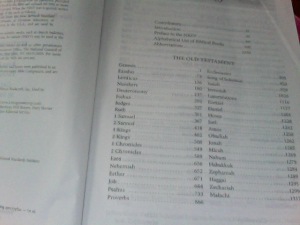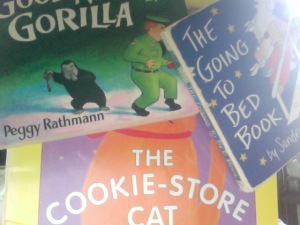For everything there is a season, and a time for every matter under heaven:
a time to be born, and a time to die;
a time to plant, and a time to pluck up what was planted…
Ecclesiastes 3:1-2 NRSV
Reading and Eating, the library’s summer reading program, ends this week. Heartfelt thanks to all who gave the program grants and volunteered time, a table of garden snacks, and a show by the Hula Hoop Lady will finish it up. A power point presentation will show children and adults in the garden, listening to stories, and making crafts. Families will turn to cool weather pursuits and school supply shopping. By next week, program supplies will be sorted and boxed. Leaders will review each day’s story and activities. Unripe tomatoes and still buried potatoes will be gathered without a children’s garden lesson or home made snack.
I’m going to miss my time as the library gardener. Finding squash and counting butterflies with preschoolers made the world new again in my eyes. Sharing recipes for herbed dipping oils and marinara was a joy – and a reminder of how fun it was to do these things with my own two sons in years past. This is a grace if anything is.
I’m ready to let this season go. It’s a lot of work to plan and prepare garden lessons every week. I’m tired of keeping track of the number of participants, of what worked and what didn’t, of saving receipts and recipes – all necessary for planning next year’s program. Other things need my attention and energy.
I’m happy with what grew in this year’s garden and even happier with the love of nature that’s grown in the children who came to water and gather. This season of growing the garden is ending, as it should. The season of growing young gardeners and nature lovers? Not so much. After all, seasons end and return to begin again. Who knows who might be tending this garden long after my season ends? If this summer is any indication, the garden is in great hands. So is the world.



